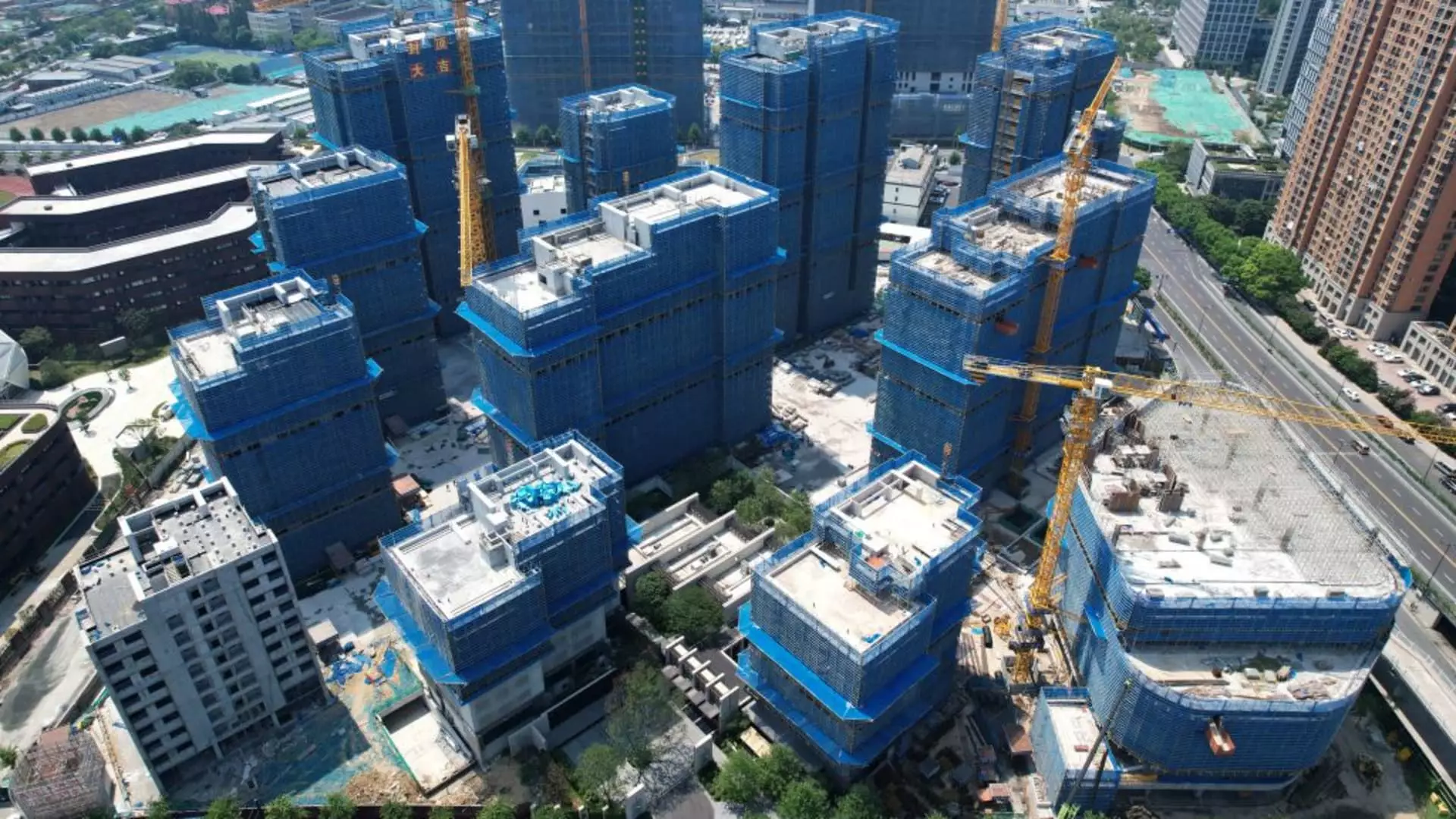China’s urban landscape is experiencing significant fluctuations due to a combination of property struggles and U.S. sanctions. The Milken Institute’s recent report highlights the contrasting fortunes of various Chinese cities, with some thriving on Beijing’s tech advancements while others face challenges in the real estate sector.
The latest edition of the index assesses large- and mid-sized cities in China, analyzing their economic vibrancy and growth prospects. Hangzhou emerged as the top-ranked city, credited to its status as the capital of Zhejiang province and the hub for tech giants like Alibaba. On the other hand, cities like Zhuhai witnessed a decline in their rankings due to a real estate slump, reflecting the broader impact of the property market on economic performance.
The property sector, which was once a significant contributor to China’s GDP, has faced challenges in recent years. Stringent regulations by Chinese authorities aimed at curbing debt reliance among real estate developers have led to a slowdown in the industry. This has negatively affected growth in several cities, except for Dongguan, known for its manufacturing sector and home to Huawei.
In addition to domestic challenges, some Chinese cities have been impacted by U.S. sanctions. Dongguan, despite its industrial prowess, experienced a decline in the index rankings due to sanctions imposed by the U.S. government. This highlights the interconnectedness of global politics and local economies in shaping urban development trends.
Cities like Zhengzhou, a key manufacturing hub for iPhone manufacturer Foxconn, have seen fluctuations in their rankings due to geopolitical factors. The dependence on exports and vulnerabilities to external pressures underscore the complex dynamics at play in China’s urban development. The shifting fortunes of cities like Wuhan and Hefei point to the resilience and adaptability of local economies in responding to external shocks.
Despite the challenges faced by some cities, there are opportunities for growth and innovation in China’s urban landscape. Hangzhou’s success as a hub for e-commerce, manufacturing, and finance underscores the potential for diversification and specialization in city development. However, replicating this success may prove difficult, given the unique factors that contribute to each city’s economic performance.
The evolving dynamics of China’s economy and urban development present a complex picture of challenges and opportunities. As cities navigate through property struggles, U.S. sanctions, and geopolitical pressures, resilience and adaptability will be key to ensuring sustainable growth. Understanding the interplay between global and local factors is crucial for policymakers and city planners in shaping a prosperous future for China’s urban centers.

